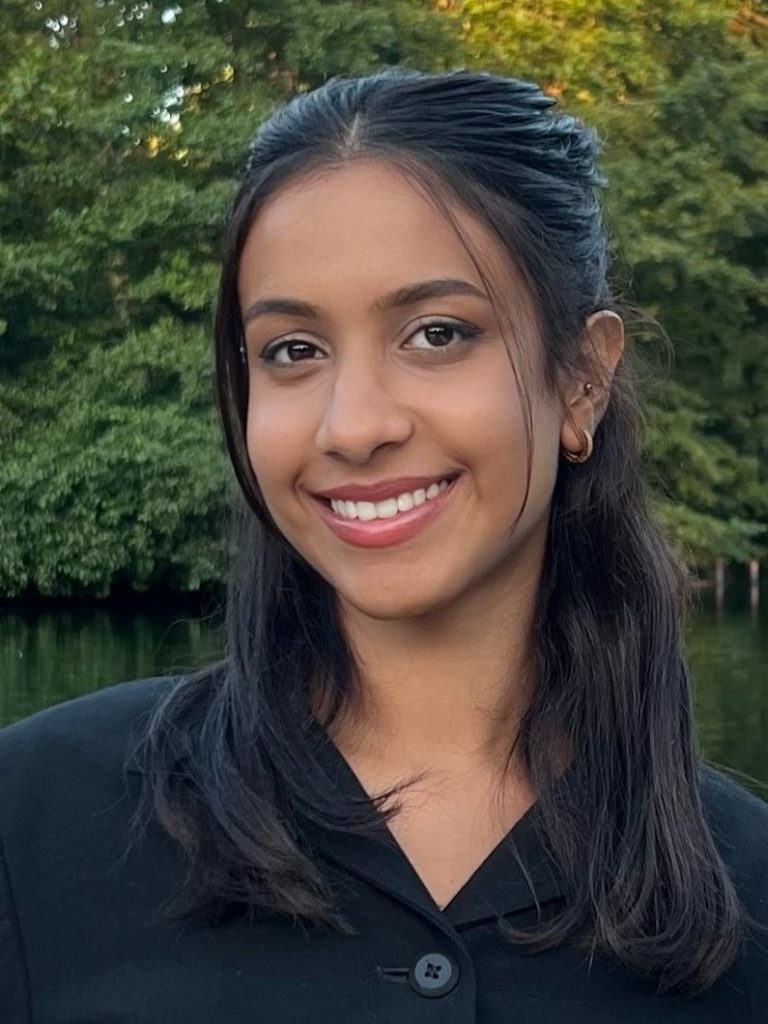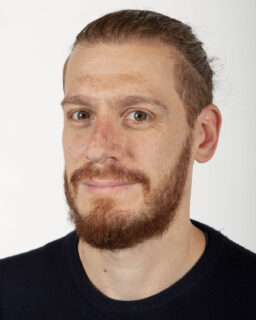About the project
With this project, we aim to engineer interactions between the synthetic RNA condensates and synthetic cell membranes to induce controlled membrane deformation, patterning and division-like behaviours. Condensate/membrane affinity can be programmed using electrostatics or specifically with either amphiphilic nucleic acid linkers or aptamers targeting membrane proteins. Specific objectives include: 1) Build synthetic cells that can express RNA condensates with controlled affinity for the membrane; 2) Exploit processes such as condensate growth, degradation and internal phase separation to deform and manipulate the membranes (e.g. stabilizing non-spherical morphologies; controlling lipid domain formation, size and distribution; inducing membrane rupture or membrane fission).
The project involves secondments at the Max Plank Institute of Biochemistry (Munich, Germany) in the group of Prof. Petra Schwille and at Imperial College London in the group of Dr Claudia Contini.
Selected References
- Fabrini, G., Farag, N., Nuccio, S.P. et al. Co-transcriptional production of programmable RNA condensates and synthetic organelles. Nat. Nanotechnol. (2024). https://doi.org/10.1038/s41565-024-01726-x
- Stewart, J.M., Li, S., Tang, A.A. et al. Modular RNA motifs for orthogonal phase separated compartments. Nat Commun 15, 6244 (2024). https://doi.org/10.1038/s41467-024-50003-x
- Malouf, L., Tanase, D., Fabrini, G. et al. Sculpting DNA-based synthetic cells through phase separation and phase-targeted activity. Chem 9(11), 3347-3364 (2023)
Doctoral Candidate: Sheena Mali

Sheena received her Honours degree in Nanotechnology from the University of Sydney. She was awarded the University Medal for her thesis which explored the influence of DNA nanostructure designs on the morphology of condensate-based synthetic cells.
Later, she worked in industry for Sysmex Corporation (Kobe, Japan) where she contributed to the development of a compact microfluidic device for rapid RNA detection using a novel CRISPR-Cas13a mechanism.
Hosted by:
Lorenzo Di Michele
University of Cambridge, UK
Department of Chemical Engineering and Biotechnology
dimichelelab.org

